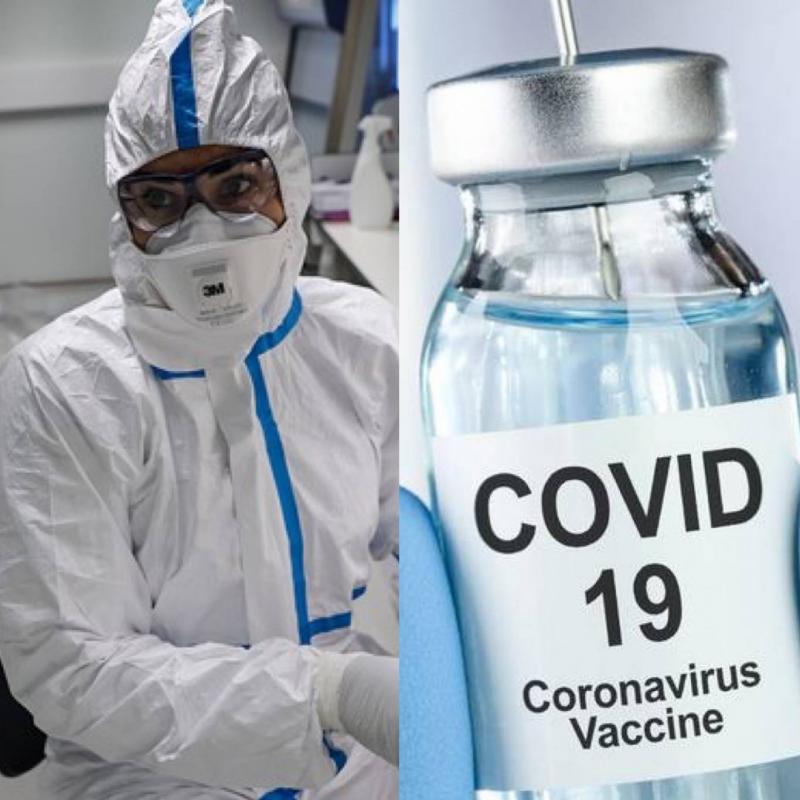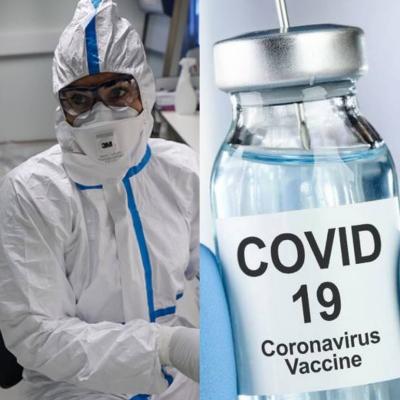With the arrival of the first batch of the Pfizer vaccine in Lebanon and the commencement of the vaccination campaign at centers distributed across various Lebanese regions, the demand for registration on the vaccine platform has been increasing. Distribution has begun according to the priorities that were previously set, focusing on healthcare workers combating the pandemic and the elderly, as these groups are considered more vulnerable to complications if infected. Doctors' campaigns urging widespread vaccination have intensified, as it is seen as the only weapon against the pandemic.
In this context, Dr. George Ghanem, the Medical Director at the Lebanese American University Medical Center - Rizk Hospital, and Head of the Cardiology Department, explained the vaccination mechanism and the steps followed from the moment the vaccine recipient arrives at the hospital to the care provided in case of any side effects, as reported by Al-Nahar newspaper. What are the stages an individual goes through to receive the vaccine? After a citizen receives a text message specifying their appointment time for vaccination, they head to the Vaccine Village at Rizk Hospital or any other designated centers. Ghanem advises citizens to arrive at the vaccination center five minutes before their scheduled time to avoid any potential crowding, noting that the scheduled appointments are very precise and adhered to strictly.
Upon arrival, citizens proceed to one of the registration desks available in the center, where their appointment and all information is swiftly verified. Ghanem clarifies that the citizen then moves to one of the ten stations at Rizk Hospital, although the number may vary between centers. The next step involves measuring their temperature and asking several quick questions to ensure there are no problems or barriers before administering the vaccine. The vaccination process is conducted quickly. Afterward, they are moved directly to another room for medical observation to confirm that no allergic reactions or immediate side effects occur after receiving the vaccine, and to intervene swiftly if an issue arises.
What are the direct side effects one might experience after receiving the vaccine? Adverse reactions after vaccination are considered very rare. However, medical observation is necessary to act quickly and take the necessary precautions to avoid any more serious issues. According to Ghanem, if an individual experiences itching or a skin rash after receiving the vaccine, the medical staff will take quick action, which may include administering specific allergy medications or corticosteroids, noting that this is rare. It is important to highlight that allergic reactions occur immediately after vaccination; for this reason, there is a focus on monitoring each person for fifteen minutes afterward in case of any emergencies. Ghanem also notes that some people may experience fear or anxiety about the injection, which requires additional care and attention.
As for the remaining side effects that may occur after this time period, they can manifest within the 24 hours following vaccination but are not considered severe, such as mild fever, headaches, or body aches, which typically resolve on their own, and taking paracetamol may be sufficient for relief.
Who should citizens contact if they experience side effects after leaving the center? If specific side effects appear after leaving the center, the citizen must contact the center where they received the vaccine for necessary guidance. If the side effects are significant, the center must report them to the Ministry of Health for consideration and careful monitoring.




